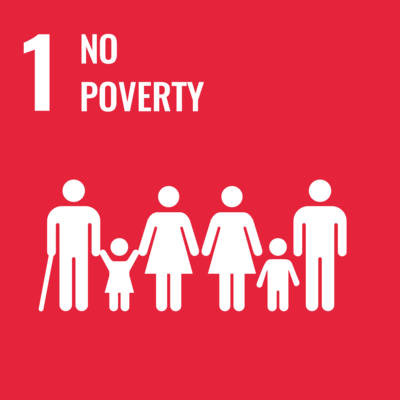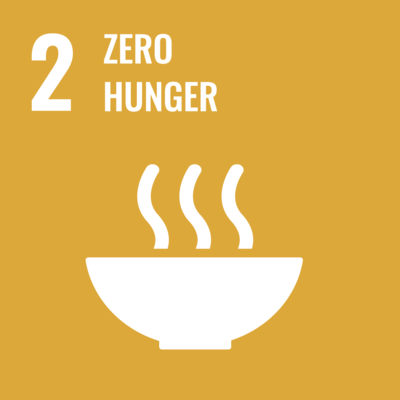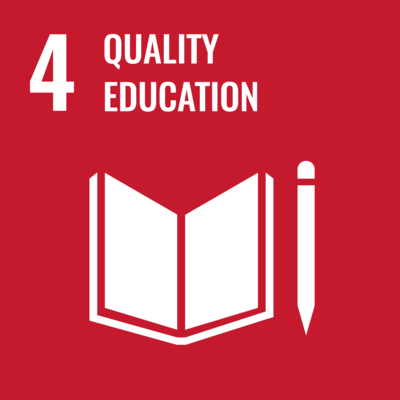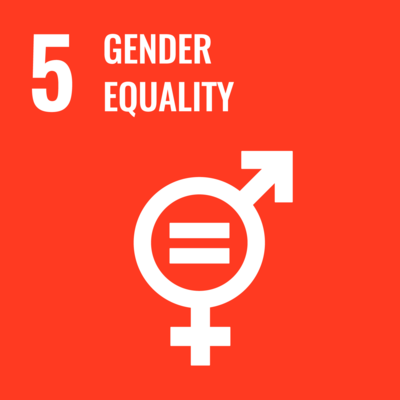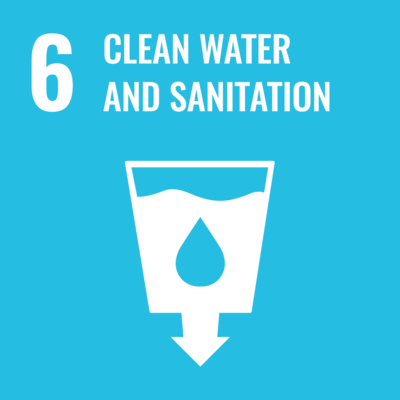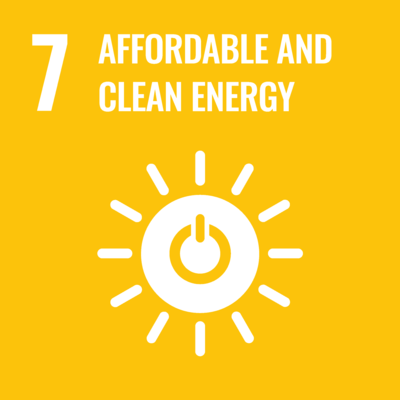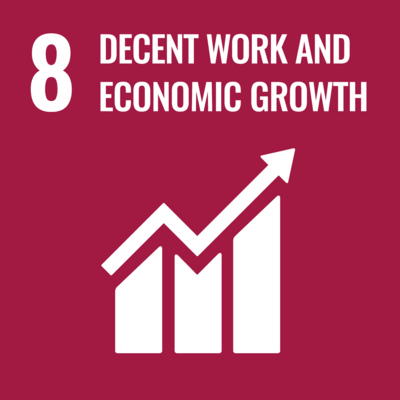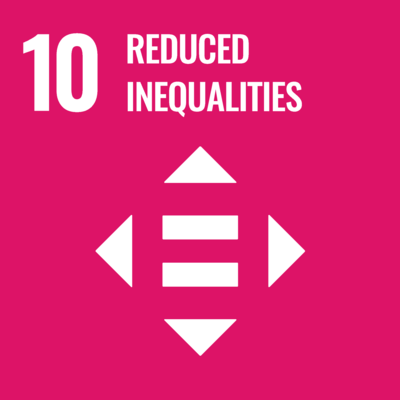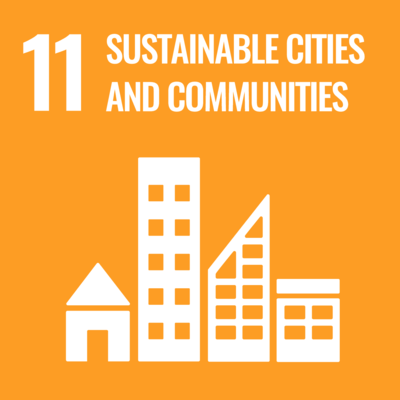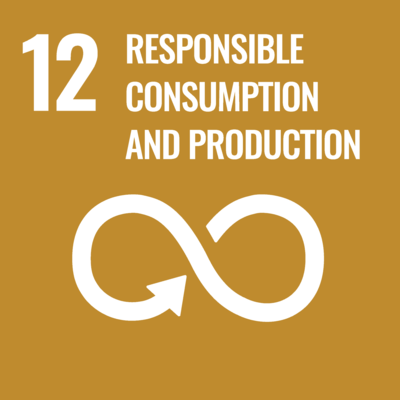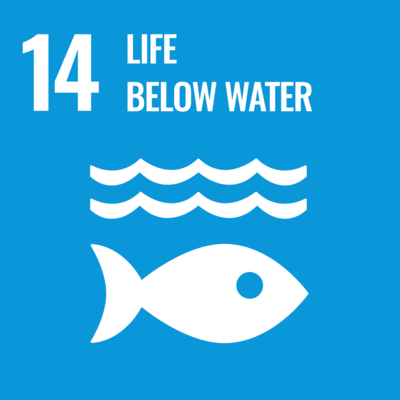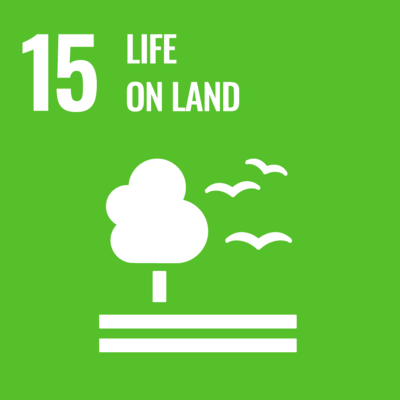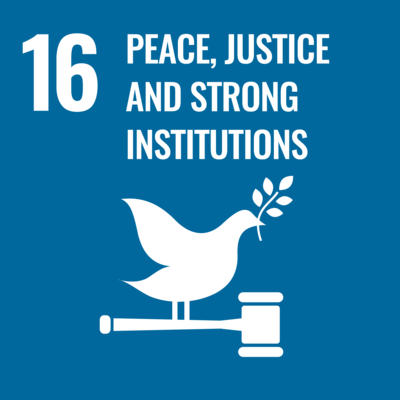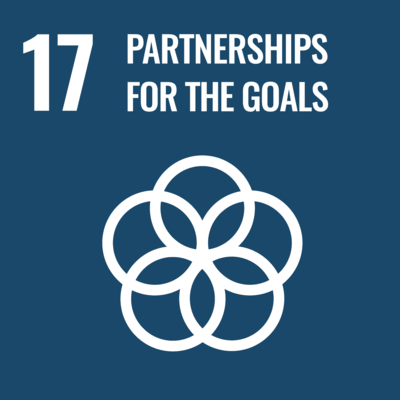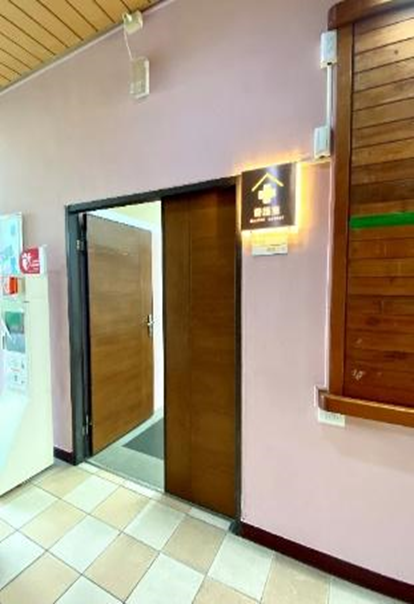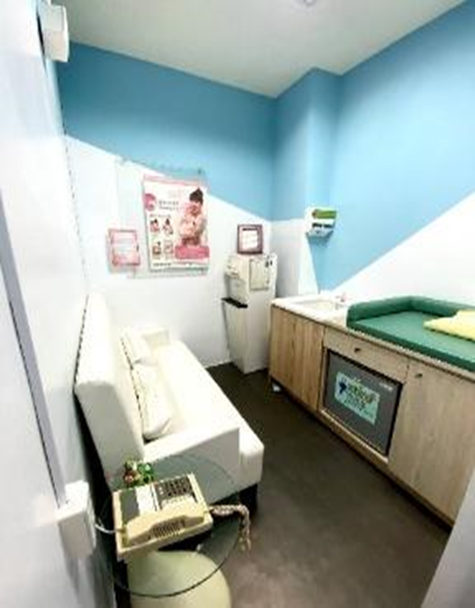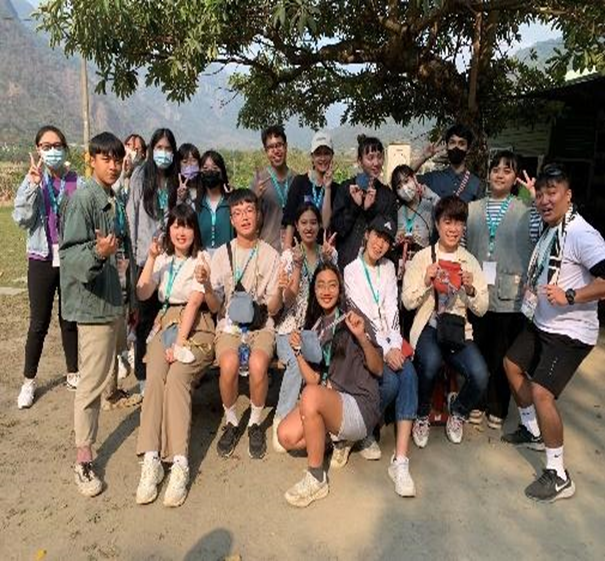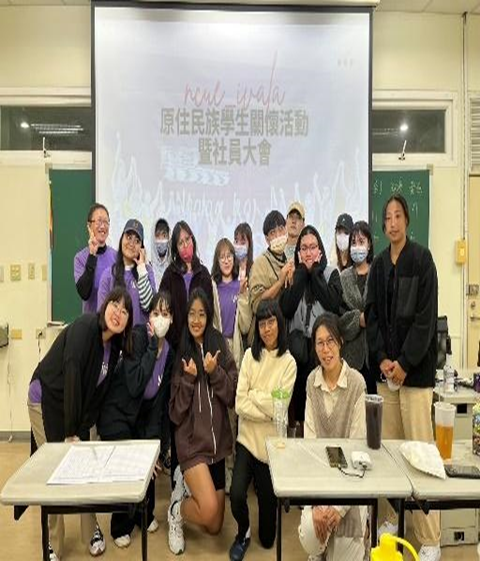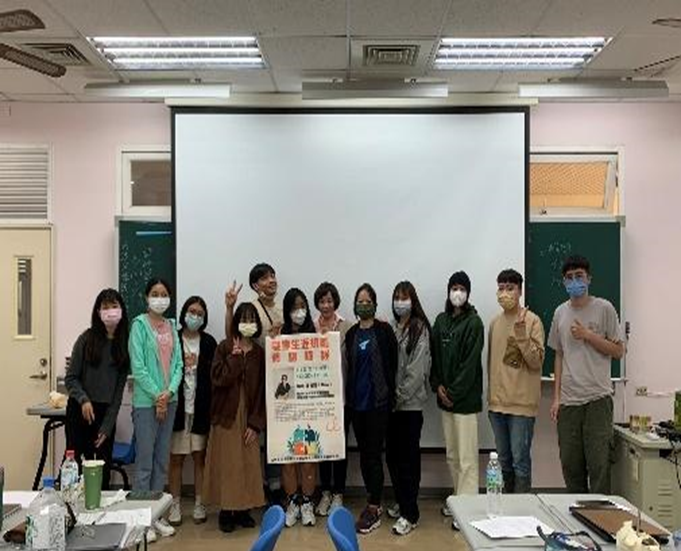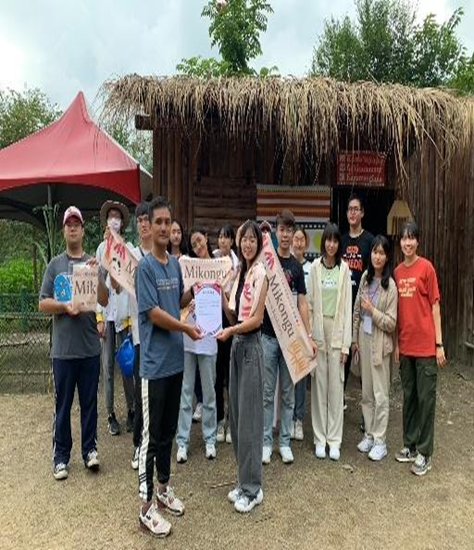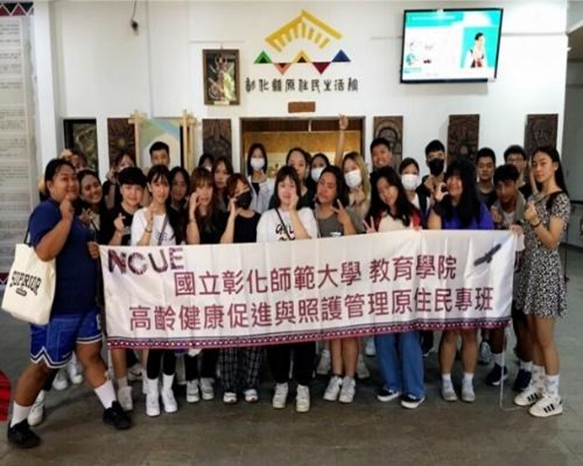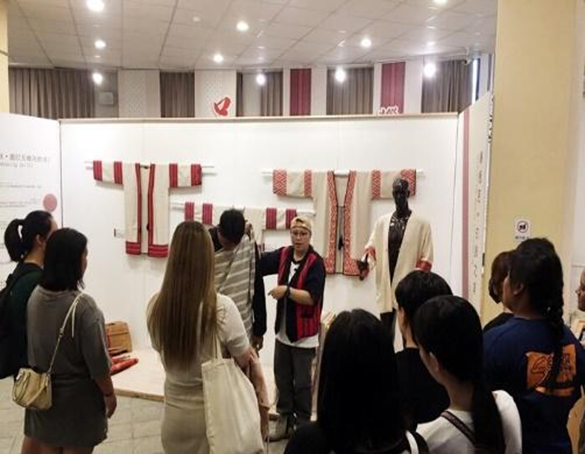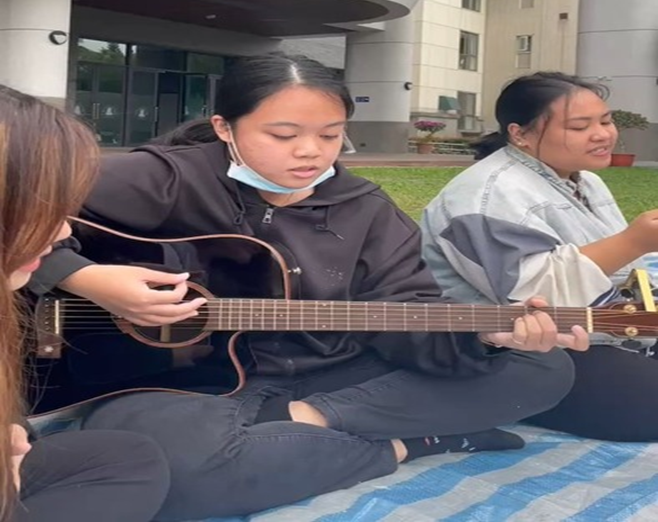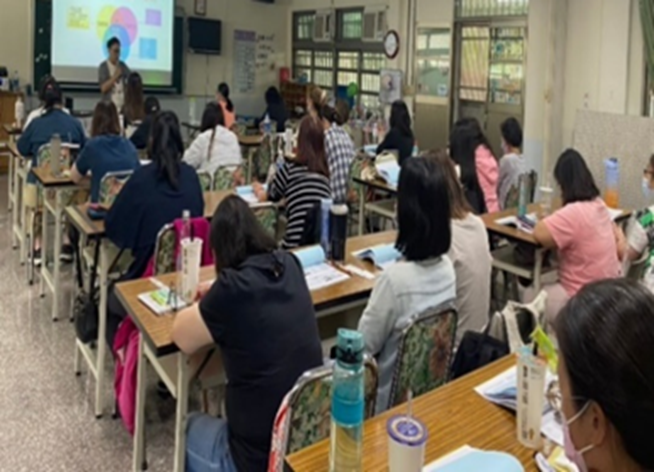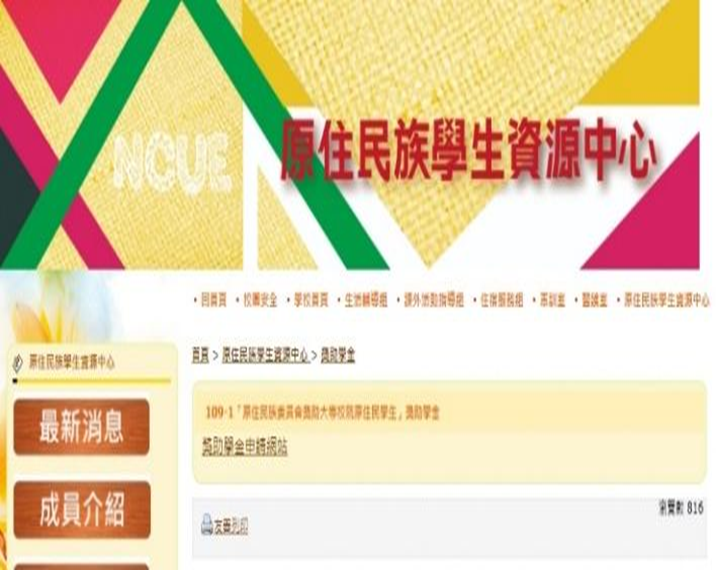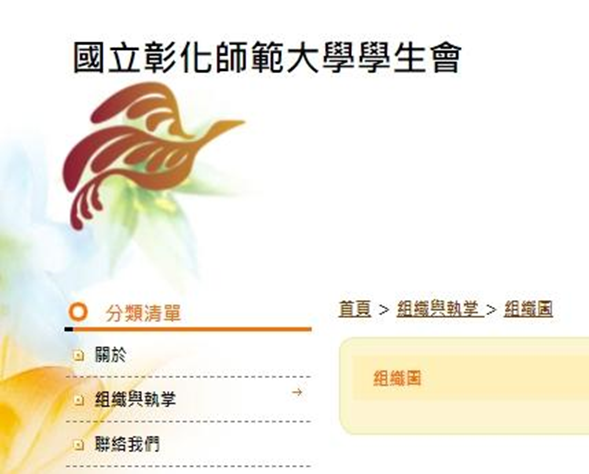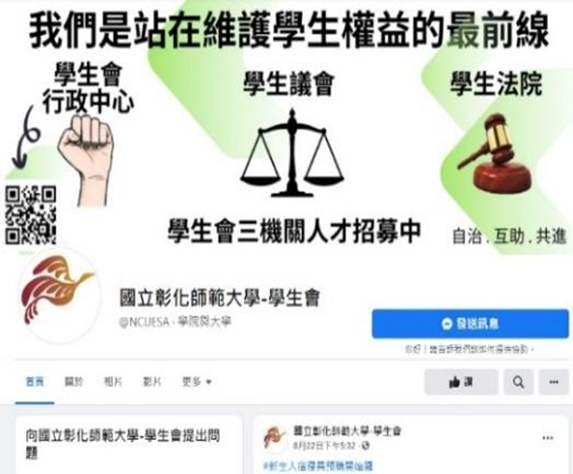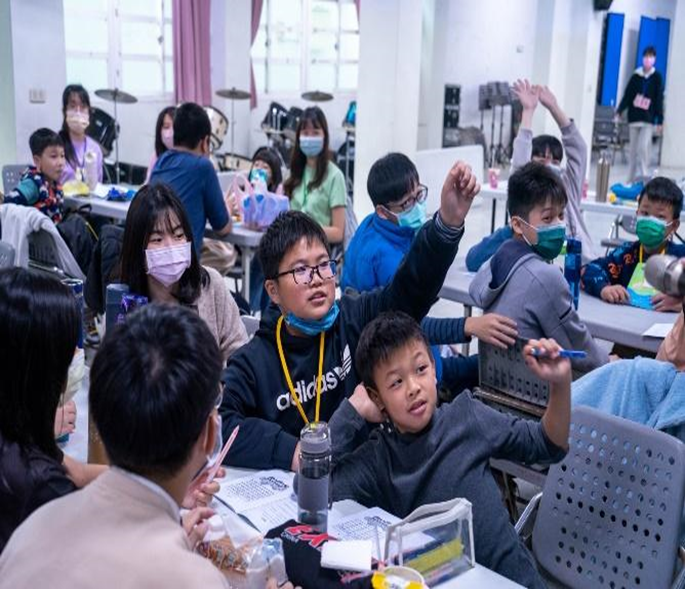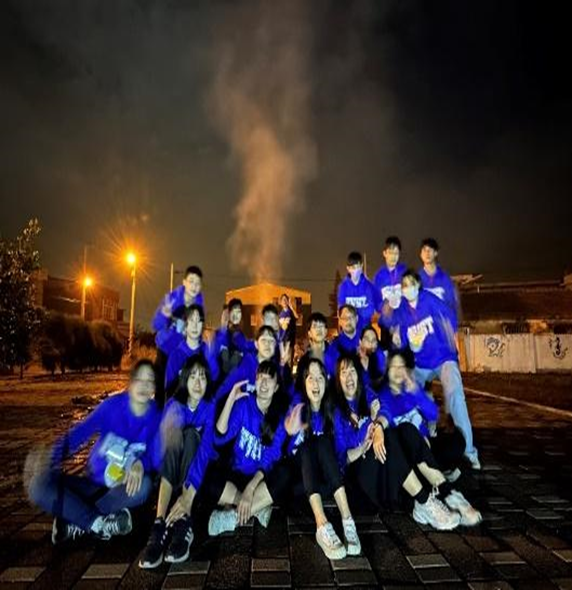SDG 10.6.6 Support for underrepresented groups
NCUE has provided guidance, consultation, or peer support programs to support students, faculty, and staff from disadvantaged groups, as described below.
1. Assistance programs offered to faculty members and staff:
NCUE has established its “Faculty and Staff Mental Health Service Program (please see Annex 10.6.6A)”, which offer psychological counseling and physical health services.
(1) NCUE conducts annual psychological counseling service activities which are a part of the assistance programs to protect the mental health of faculty members and staff. A feedback form is designed to collect the opinions of the applicants, which serves as a basis to decide how to improve and whether to conduct the activities again.
(2) NCUE allocated a special fund of NTD$200,000 for the psychological counseling services provided in 2023, which served 89 person-times, helping a total of 17 employees.
※Appendix 10.6.6A - Faculty and Staff Mental Health Service Program, National Changhua University of Education
(Website: https://personnelweb.ncue.edu.tw/p/406-1001-25580,r306.php?Lang=zh-tw)
2. Creating a Gender-Friendly Workplace
(1) In consideration of the needs of faculty and students who are pregnant, with limited mobility, or with young children, the Gender Equality Education Committee of NCUE has drawn up the first ‘Caring parking card’ in colleges and universities nationwide. Since 2009, all faculty, staff, and students in need, and even school guests, can apply for the use of the “Caring parking card”. A vehicle with a “Caring parking card” can park in barrier-free parking spaces (the card must be placed visibly on the windshield of the vehicle), as shown in Figure 1 and Figure 2.
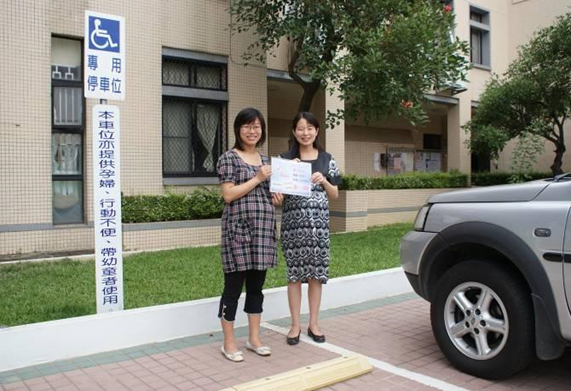
Figure 1: Vehicle with a “Caring parking card” can park in barrier-free parking spaces (the card must be placed visibly on the windshield of the vehicle)

Figure 2: A vehicle with a ‘Caring parking card’ can park in barrier-free parking spaces (the card must be placed visibly on the windshield of the vehicle). A total of 9 applications were received in 2023.
(2) NCUE provides faculty and staffs with day care services and nursery rooms
(a) NCUE has launched the “Changhua Private Kindergarten Affiliated to the University Co-operative Limited of the National Changhua University of Education.” This kindergarten enrolls the children of the school’s faculty and staff, as well as provides childcare services of preschool education for children over 2 years old. Use of services is chargeable. Please refer to the kindergarten website: https://www.ncuekid.com.tw/
(b) In addition, NCUE has set up the “Important points for maintaining the education rights of students of the National Changhua University of Education during pregnancy and guidance-assisting measures.” We actively safeguard the education rights of pregnant students and use school or social resources through referrals to assist pregnant students with childcare needs after giving birth or having children.
Please refer to the regulations:
https://genderweb.ncue.edu.tw/ezfiles/16/1016/img/1021/683030982.pdf
The parent law of this law is the Gender Equity Education Act of the Ministry of Education. For the English version, please refer to:
https://law.moj.gov.tw/Eng/LawClass/LawAll.aspx?PCode=H0080067
Establishment of policy: 2004
Policy review: 2023
(c) NCUE has a total of three well-equipped and comfortable nursery rooms, which are located in the medical room and Mingde hall of the Jinde campus, as well as the medical room of the Baoshan campus, as shown in Figure 3. In addition, we have set up “National Changhua University of Education Nursery Room Setup and Management Measures.” Please refer to the regulations:
https://genderweb.ncue.edu.tw/ezfiles/16/1016/img/1021/166393770.pdf
|
|
|
|
Figure 3: NCUE has 2 nursery spaces in the medical room on 1F of the Student Activity Center at Jinde campus, which is convenient for students who need to nurse their infants. |
|
3. Services to support economically-disadvantaged students:
To alleviate students’ financial burderns, a plan to “replace part-time work with studying” was designed to guide economically-disadvantaged students so that they can strike a balance between their studies and economic needs. NCUE supports them from the first year at the university through the last, fulfilling the goal of “all-round care for students’ learning process,” and helping them to “fly high in academic life, be an eagle to fulfill their dreams.” The learning process includes life guidance for studying with ease, professional care with psychological guidance, guidance on improving students’ autonomous learning, and career guidance on improving students’ abilities. Table 1 presents the status of the distribution of the recipients of 2023 The Soaring Eagles Program and the number of students who received the aid. The number of economically disadvantaged students who received counseling has reached 2,290 individuals.
Table 1: Statistics for the distribution of The Soaring Eagles Program rewards of NCUE in 2023 are as follows
|
2023 |
Daily life counseling |
Psychological counseling |
Learning counseling |
Career counseling |
Total |
|
Number of students served |
342 |
581 |
1,333 |
34 |
2,290 |
|
Expenditures of rewards for students (NTD$) |
3,920,000 |
N/A |
8,134,000 |
135,000 |
12,189,000 |
※Appendix 10.6.6B: Fundamentals for The Soaring Eagles Program rewards of the National Changhua University of Education.
4. Services to support students with disabilities
A Resource Classroom has been set up in the Special Education Centre of NCUE. In order to provide students with disabilities with appropriate consulting and evaluation services ao that they can successfully complete their studies ,and to improve their emotional, learning, social, and professional adaptation, the ‘Resource Classroom’ of NCUE is specially designed to arrange counselling during the learning process. The Resource Classroom is responsible to provide general, life, and academic counselling. The onsite services available at NCUE’s resource room are detailed in Table 2, with the number of individuals receiving various services illustrated in Table 3 (Please see https://ncue7232105.wixsite.com/ncue/blank-4):
Table 2. Statistics for the number of individuals using services available at the resource room
|
Statistics of various services provided in the Resource Classroom |
Students served (person-times) |
|
Data query |
40 |
|
Use of assitantive equipments |
23 |
|
Printing coursework |
563 |
|
Self-study |
350 |
|
Exam service |
66 |
|
Data transfer |
17 |
|
Academic counseling |
191 |
|
Life counseling |
134 |
|
Transition counseling |
6 |
|
General counseling |
2 |
|
Other |
40 |
Table 3. Statistics for the number of individuals served through the resource services
|
Types of services provided by the Resource Classroom |
Number of students served |
|
Schoolwork counselling |
199 |
|
Examination service |
66 |
|
Study companion service |
939 |
|
Borrowing assistantive equipments |
36 |
|
Textbook conversion |
71 |
5. Support services for indigenous students
In order to effectively provide various types of assistance and services, such as life, schoolwork, and employment counselling for students from indigenous ethnic groups (hereinafter referred to as indigenous students), NCUE established the Indigenous Students Resource Centre in 2017, and organized the above service activities 24 times in 2023, in which 832 students participated. The list of services and number of students served are as shown in Table 4. Snippets from various visits and activities are as shown in Figures 4-12, please refer to this link: https://studentweb.ncue.edu.tw/p/412-1003-2282.php?Lang=zh-tw
In addition, NCUE also offers relevant resources tailored to the needs of indigenous students. These resources have been pooled with both on-campus and external resources as components of our comprehensive services. Relevant information is available on our Indigenous Resource Center’s website, as shown in Figure 5, and the following link. https://studentweb.ncue.edu.tw/p/412-1003-2249.php?Lang=zh-tw
FB Page: https://www.facebook.com/profile.php?id=100095763901800
Table 4. Statistics on activities for indigenous students and number of students served
|
Category |
Service Content |
Number of Students Served |
|
Life Services |
111-2 Beginning of Semester Care Activity |
17 |
|
112-1 Beginning of Semester Care Activity |
22 |
|
|
Farewell Care Activity |
25 |
|
|
Christmas Care Dinner |
20 |
|
|
Academic Guidance |
Midterm Study Group |
36 |
|
"Know Yourself - Find the Right Thinking Path" Lecture |
22 |
|
|
Career Guidance |
Workplace Interview Course |
14 |
|
Self-Exploration Course |
12 |
|
|
Career Design Course |
16 |
|
|
Cultural Lectures |
When I'm Immersed in Cultural Flow |
51 |
|
Discussing Indigenous Name Rectification Movement |
81 |
|
|
Documentary Screening Lecture |
85 |
|
|
The Path of Kanakanavu Cultural Revival |
60 |
|
|
Indigenous Traditional Beliefs and Christianity - Taking Paiwan as an Example |
42 |
|
|
Sharing Experience of Community Building in Sky Terrace |
38 |
|
|
Participating in Continuing Education on Indigenous Cultural Sensitivity |
2 |
|
|
Tribal Work Team |
Kanakanavu Tribal Festival Work Team |
15 |
|
Indigenous Youth Forum |
Youth Forum |
31 |
|
Cultural Empowerment |
Zhongyuan Tribal Visit |
15 |
|
Net Bag Weaving Course |
23 |
|
|
Luona Tribal Visit |
21 |
|
|
Bunun Tribe Calendar Drawing Course |
17 |
|
|
Bunun Tribe Drinking Song Teaching Course |
25 |
|
|
Chunyang Tribal Visit |
19 |
|
|
Indigenous Music Night - Only Bunun Left |
125 |
|
|
Visit to Changhua County Indigenous Living Hall |
28 |
|
|
Visit to Taichung City Nantun Cultural Health Station |
28 |
|
|
Cultural Practice and Sharing |
Colonial History of Indigenous Peoples and the Spread and Migration of Austronesian Languages |
28 |
|
Sharing One's Ethnic Culture and Tribal Features |
28 |
|
|
Indigenous Ancient Tune Picnic |
28 |
|
|
Indigenous Appreciation Ceremony |
28 |
|
|
Total |
1002 |
|
|
|
|
|
Figure 4: Visit to Zhongyuan Tribe |
Figure 5: Beginning of Semester Care Activity at the Indigenous Students Resource Center |
|
|
|
|
Figure 6: Career Design Course |
Figure 7: Tribal Work Team |
|
|
|
|
Figure 8: Visit to Changhua Indigenous Cultural Center |
Figure 9: Visit to Changhua Indigenous Cultural Center |
|
|
|
|
Figure 10: Indigenous Ancient Tune Picnic |
Figure 11: Participating in Continuing Education on Indigenous Cultural Sensitivity |
|
|
|
|
Figure 12: Website of the Indigenous Students Resource Center |
|
Please refer to Annex 10.6.6C, Key Points on Setting up the Indigenous Students Resource Centre.
6. Services of student unions and associations
(1)The Student Union has the right to send representatives to attend school meetings and make suggestions on university affairs
A student union has been set up to implement the idea of student autonomy, to cultivate democratic accomplishment, and to promote the communication of opinions on campus and the equality of student associations. NCUE’s Students’ Union website and Facebook fan page are as shown in Figures 13 and 14. The union’s task is to manage students’ public affairs, to participate in various activities on behalf of all members, plan and coordinate university-level activities internally, coordinate the fund usage and auditing of the student union, and send representatives to participate in school meetings. The organization has the right to make suggestions on university affairs, suggest issues that reflect the opinions of most students, protect students’ rights and interests, and arbitrate student affairs.
|
|
|
|
Figure 13. Website of the Student Union https://ncuesa.ncue.edu.tw/ |
Figure 14. Facebook fans page of the Student Union https://www.facebook.com/NCUESA |
Please refer to Annex 10.6.6D, Articles of the Association of the Student Union of National Changhua University of Education.
(2)Student service clubs provide social services
Our university's student service clubs, such as the Rural Service Club, Mountain Service Club, Woof Woof Club, Fishing Village Service Club, Extension Education Service Club, White Calla Lily Goodwill Ambassador Team, and Board Game Club, regularly provide social services. In addition to their routine services, these clubs also organize social service activities in mountain areas, rural areas, and extension education during winter and summer vacations every year. Through these service activities, students learn the importance of communication and interpersonal relationships.
In 2023, these clubs interacted with nearby elementary schools in central Taiwan and organized multiple workshops and empowerment courses on campus. These activities aimed to enhance students' knowledge and skills for participating in social services. Nearly 20 events were held throughout the year. The results of these activities are shown in Figures 15-16.
|
|
|
|
Figure 15: The Board Game Club interacting with children from Guosheng Elementary School. Through board games, the elementary school students learn through hands-on activities. The children enthusiastically raise their hands to answer questions and actively participate in the activities. |
Figure 16: The Fishing Village Service Club brings villagers and students closer together through a "campfire evening" during cold winter. For each new officer, this is a chance to learn through hands-on experience. |
Please refer to Annex 10.6.6E, Number of service association participants.

